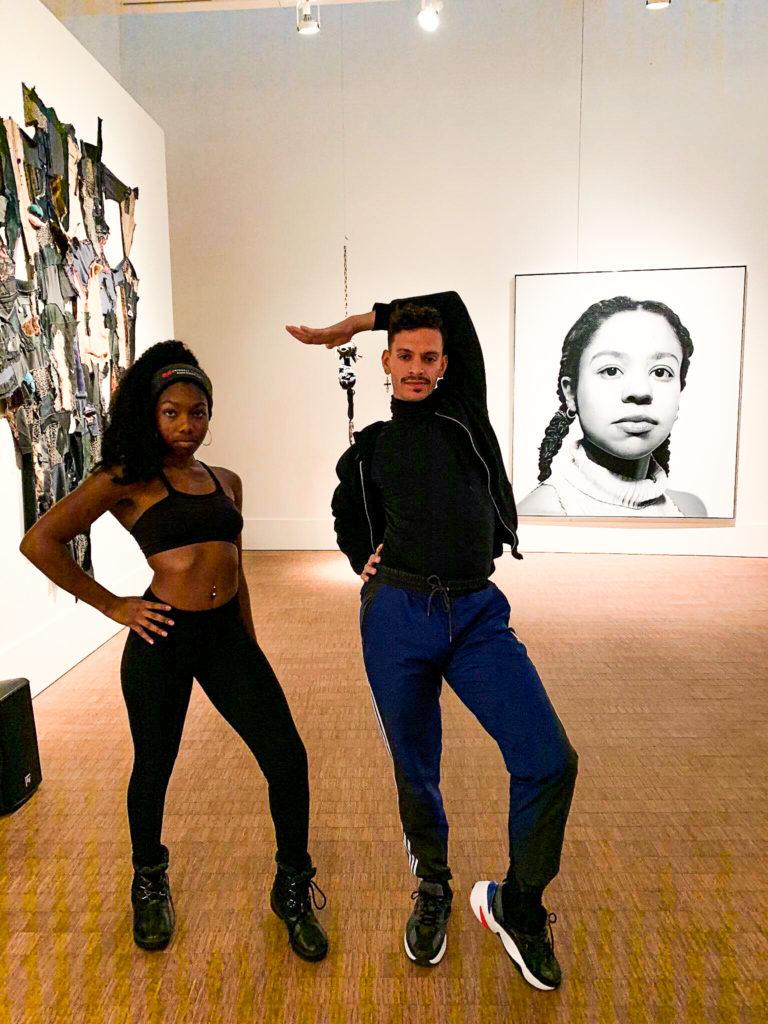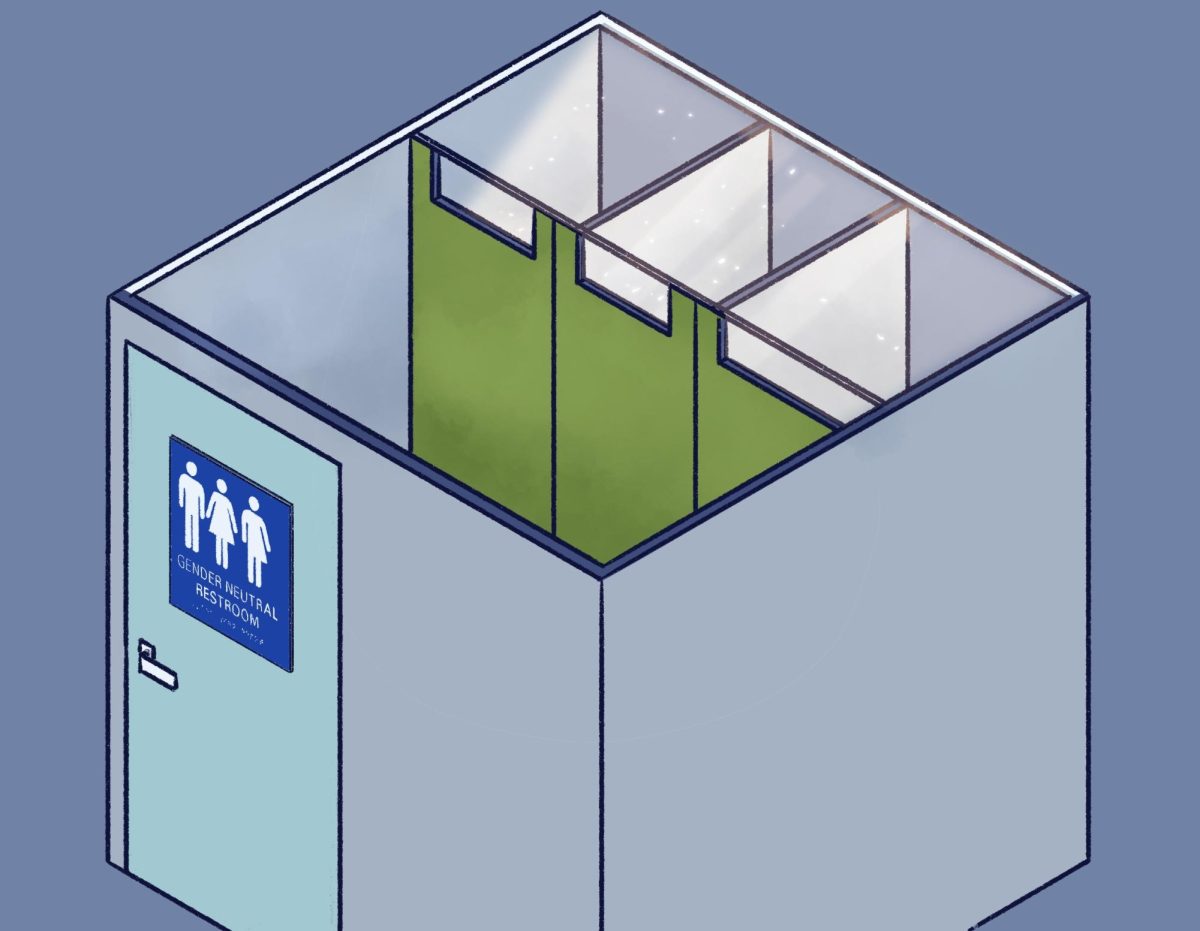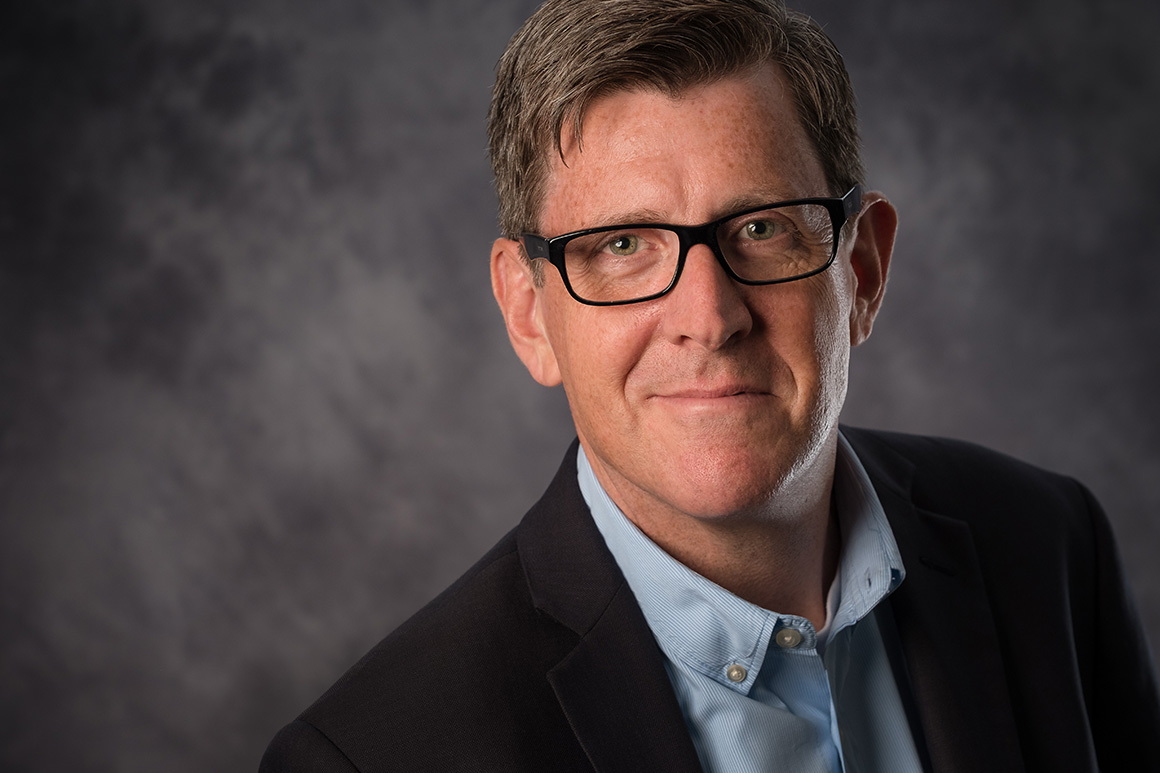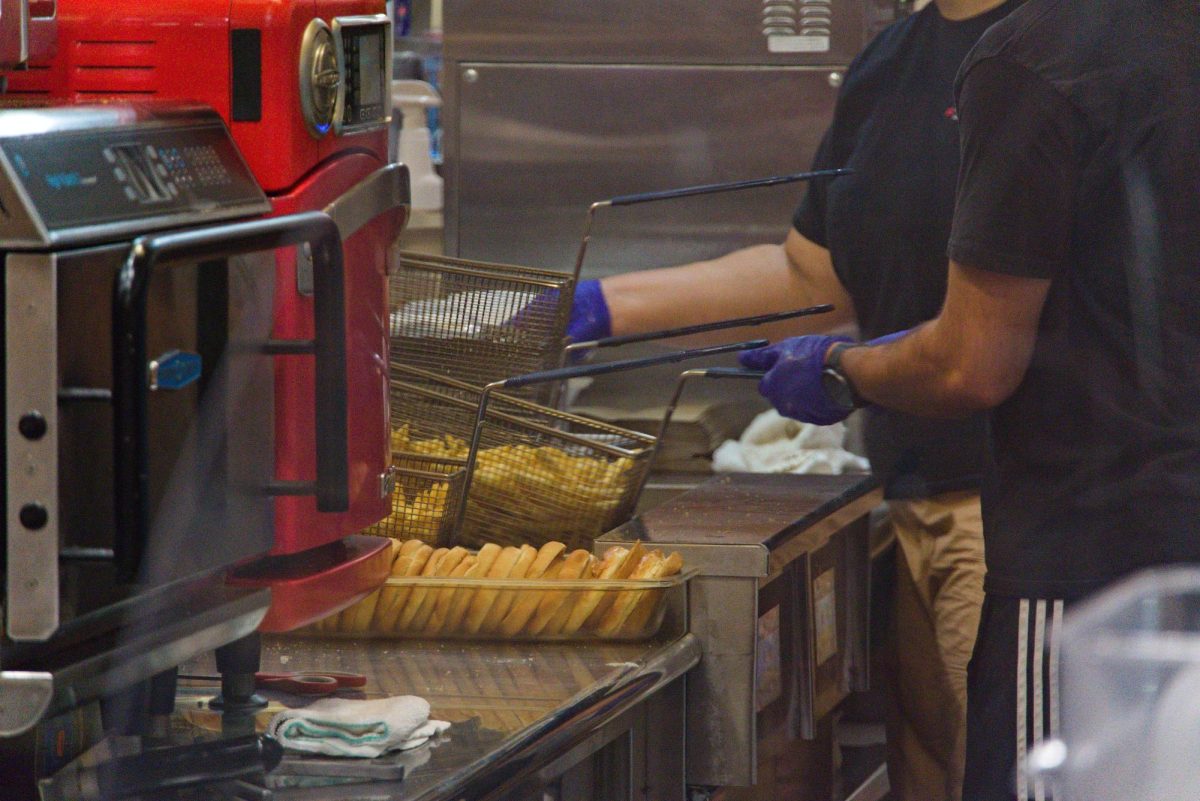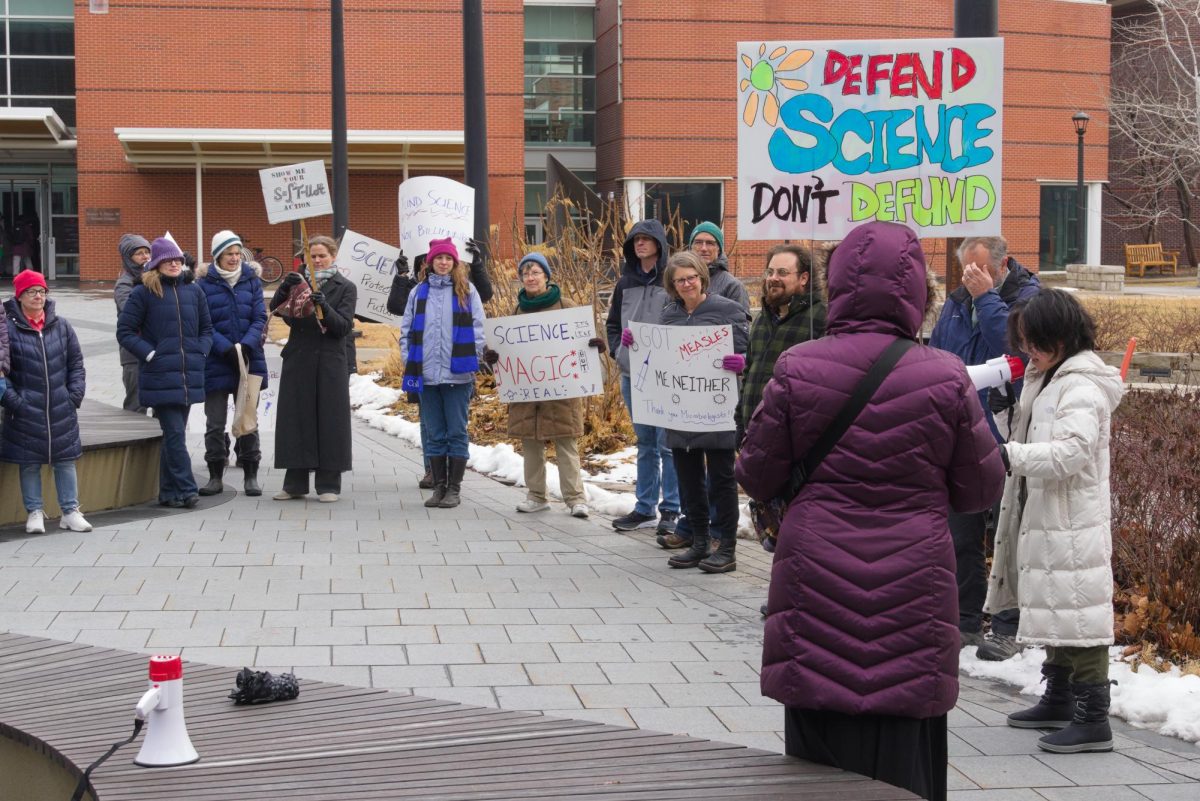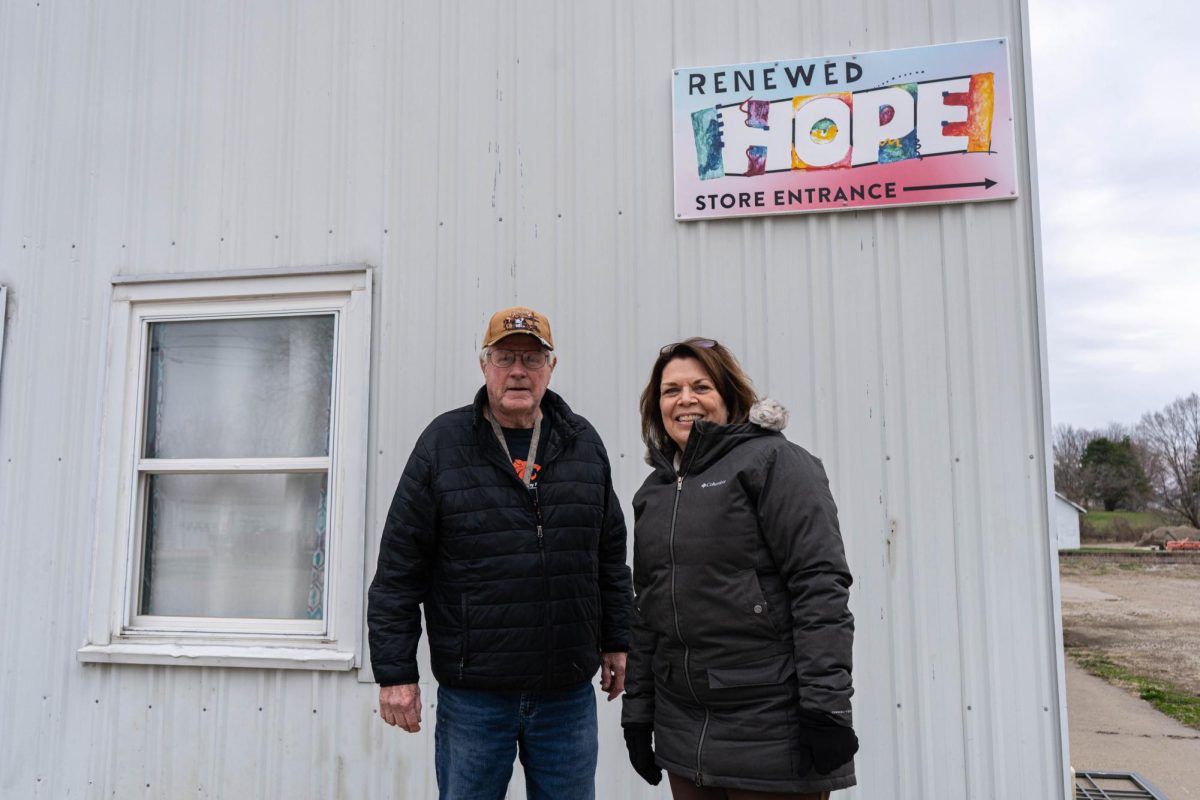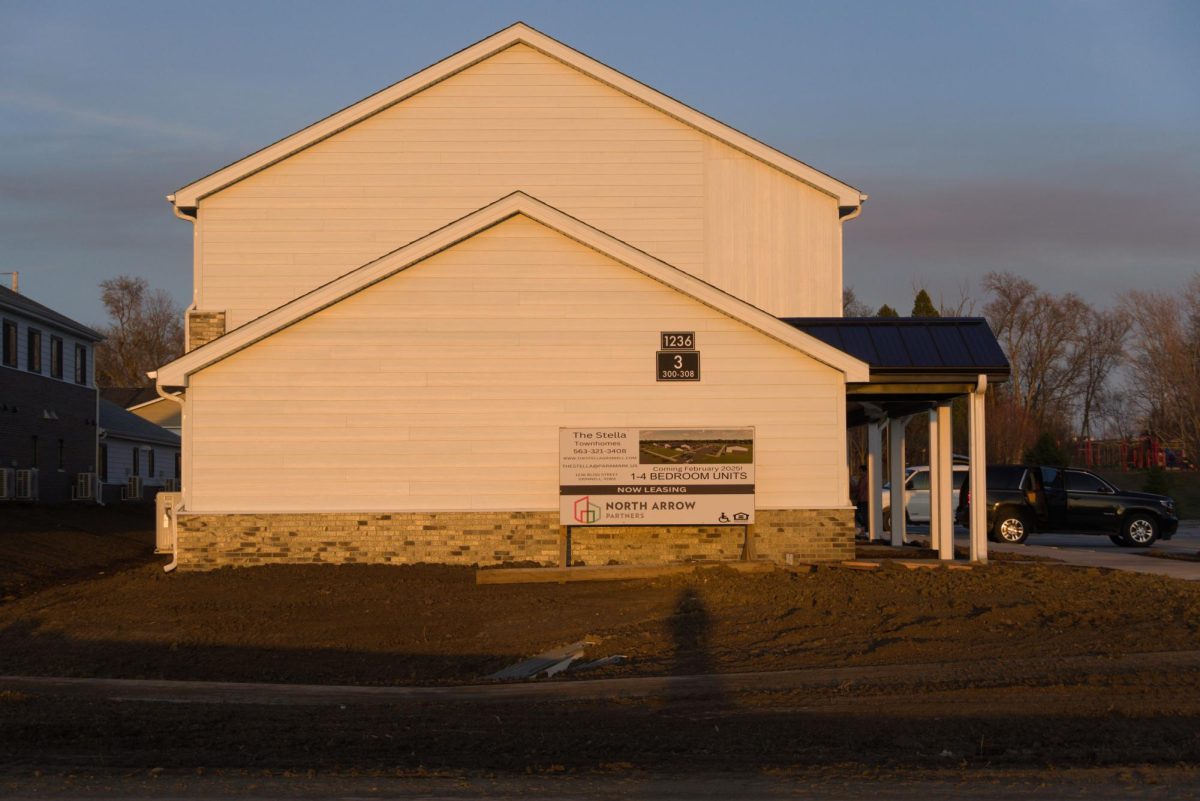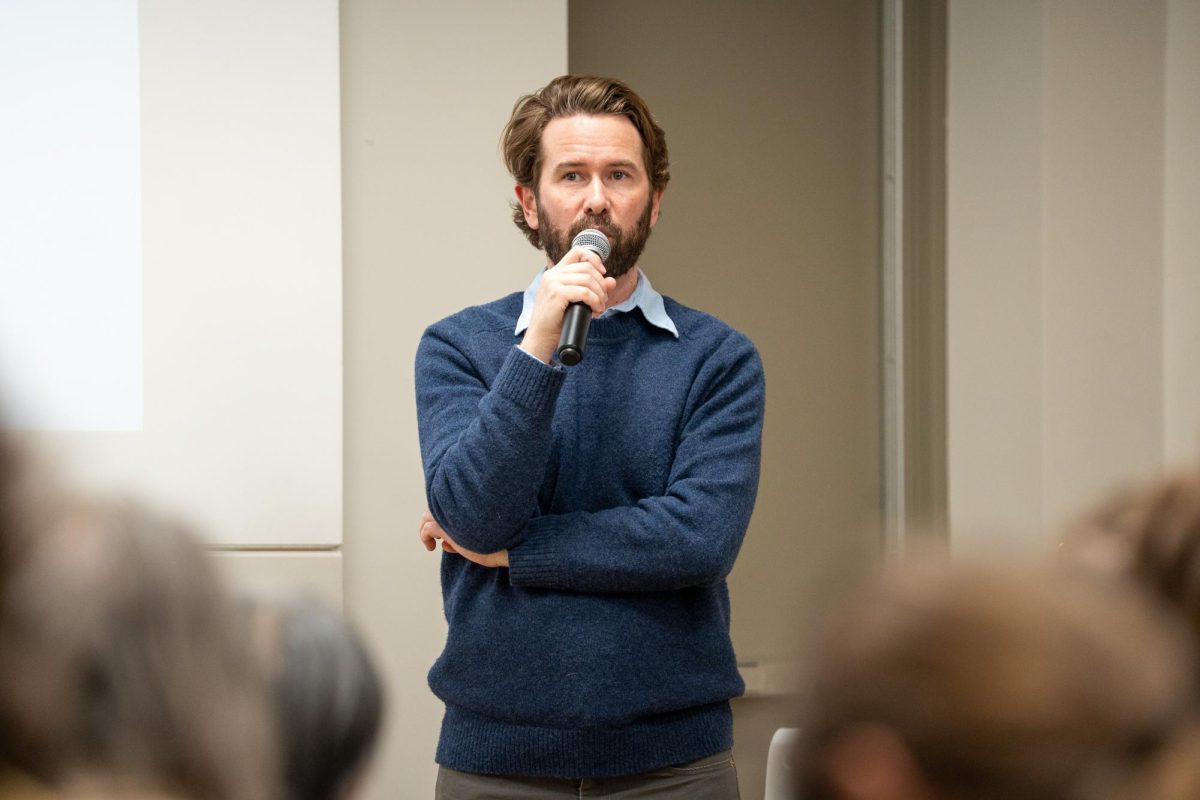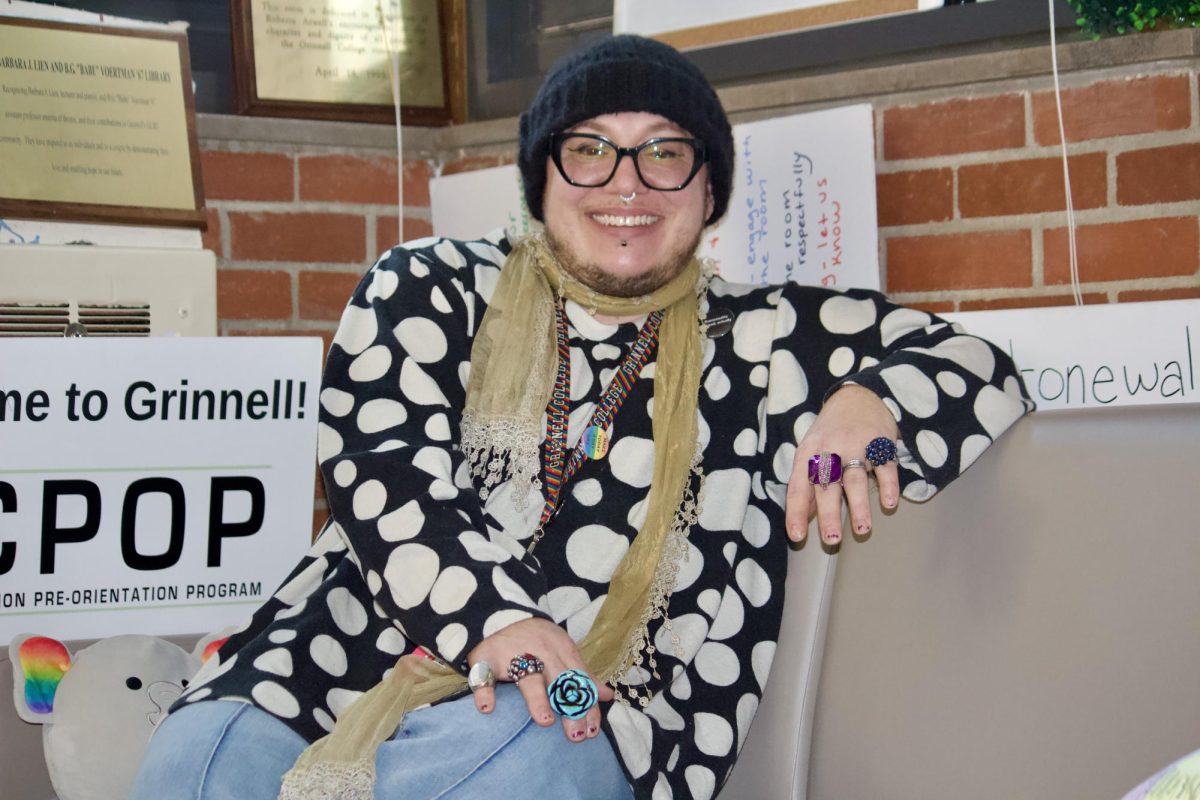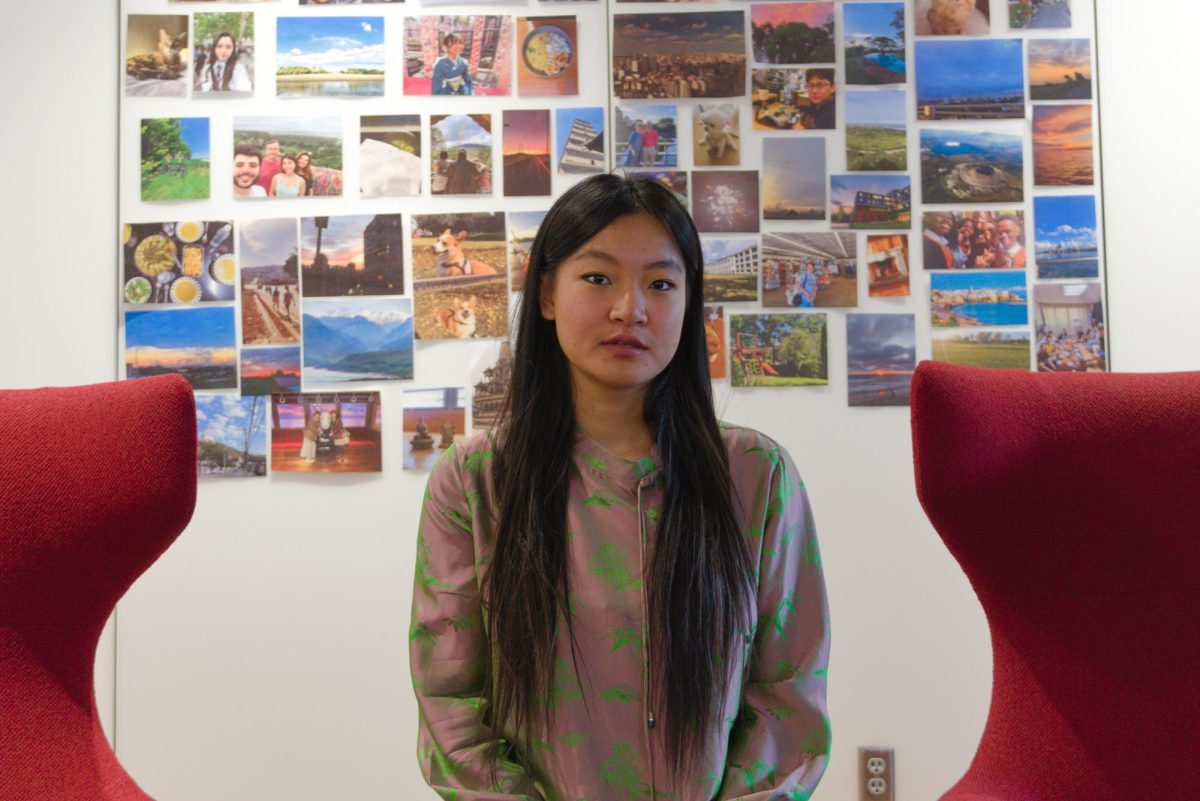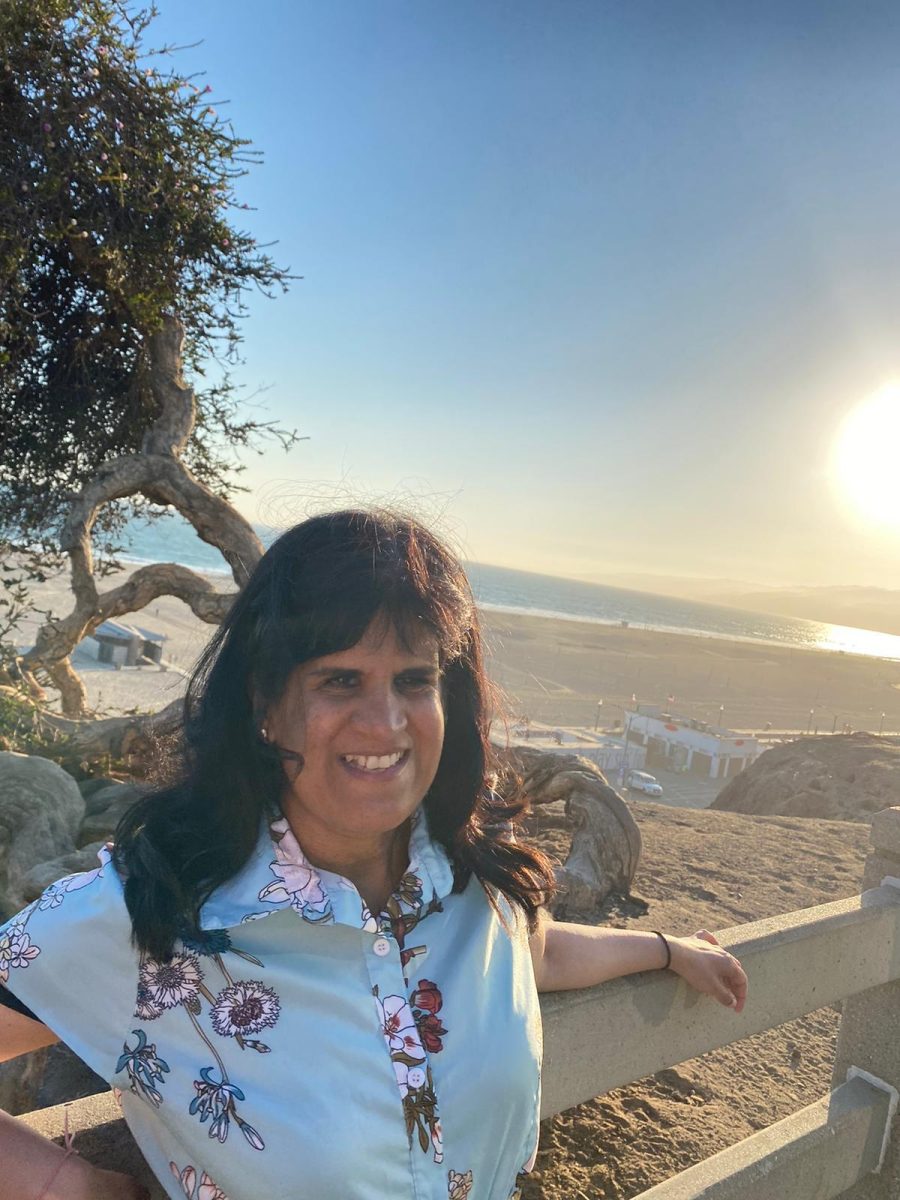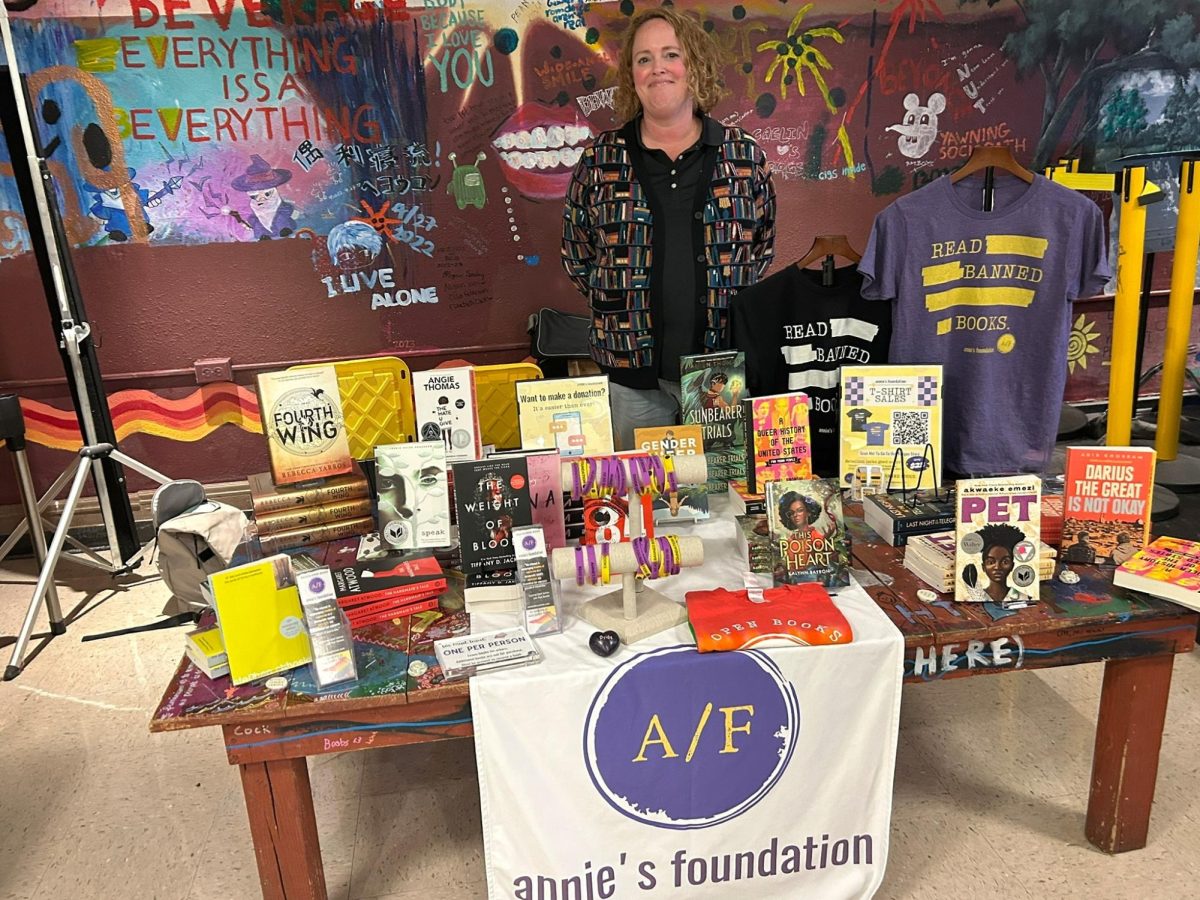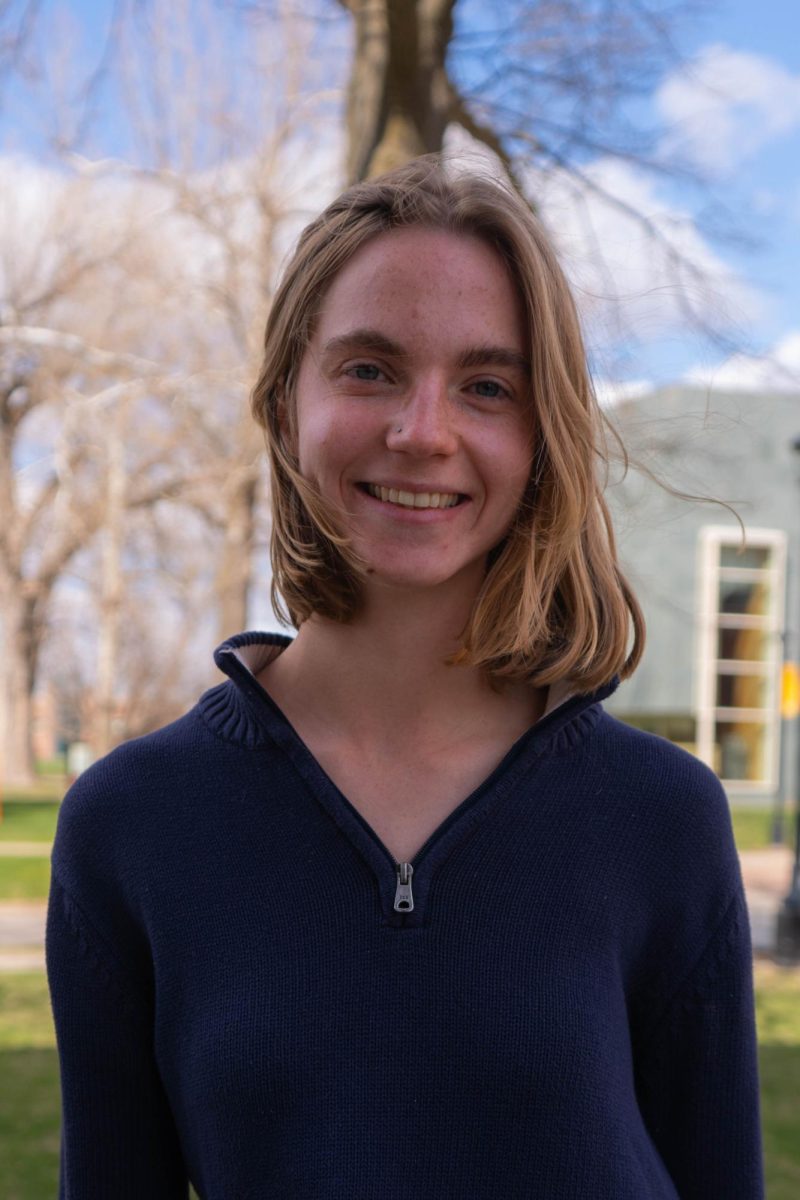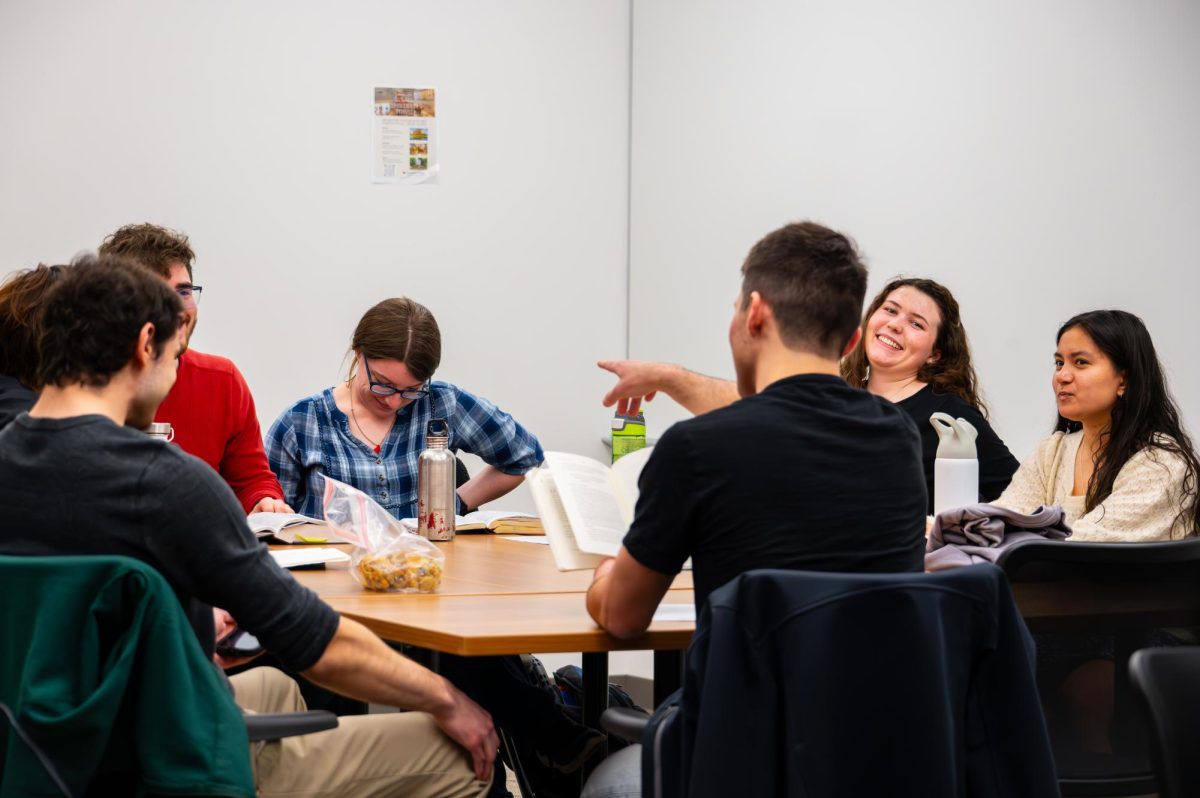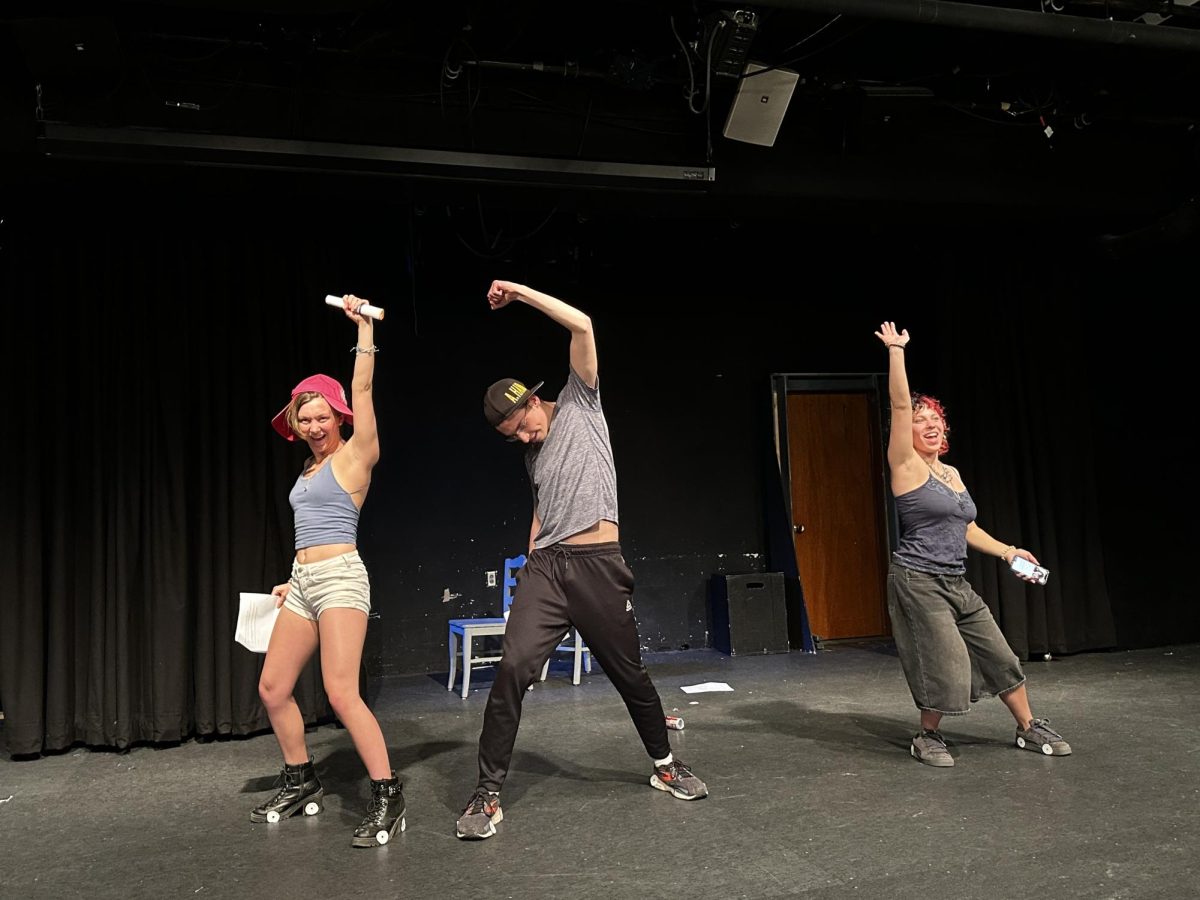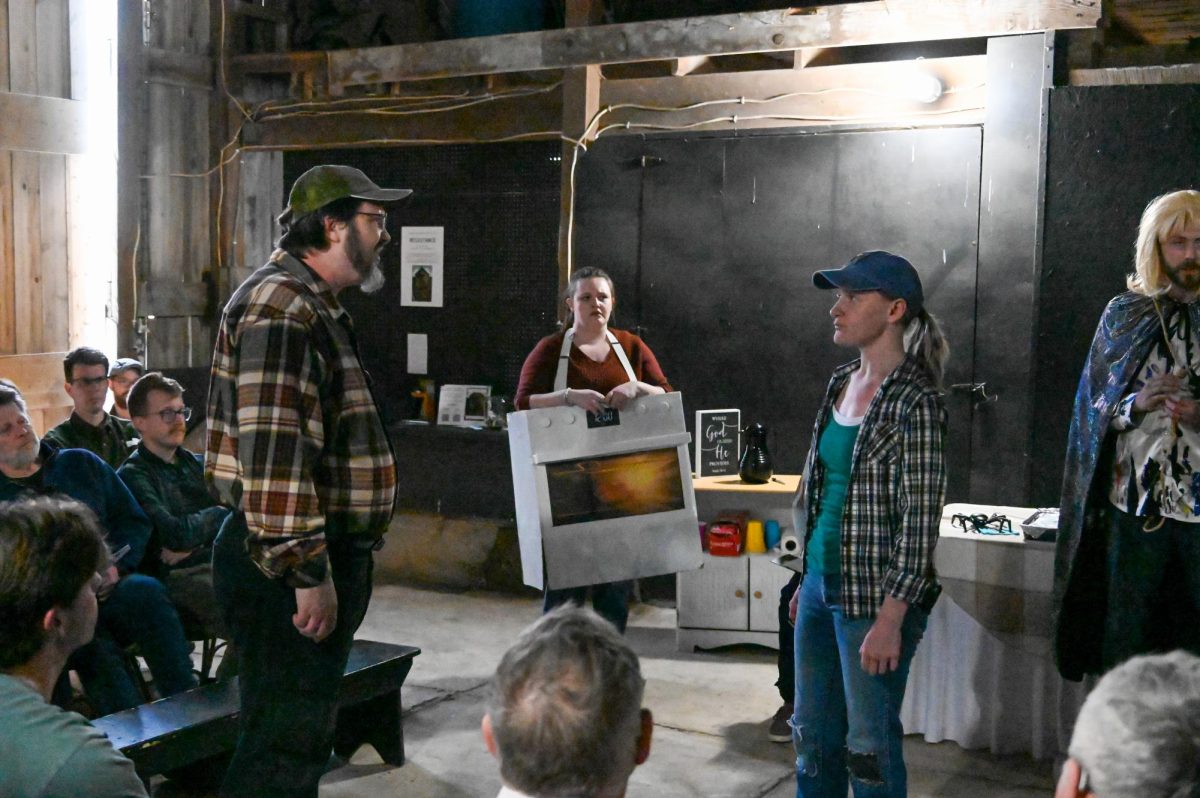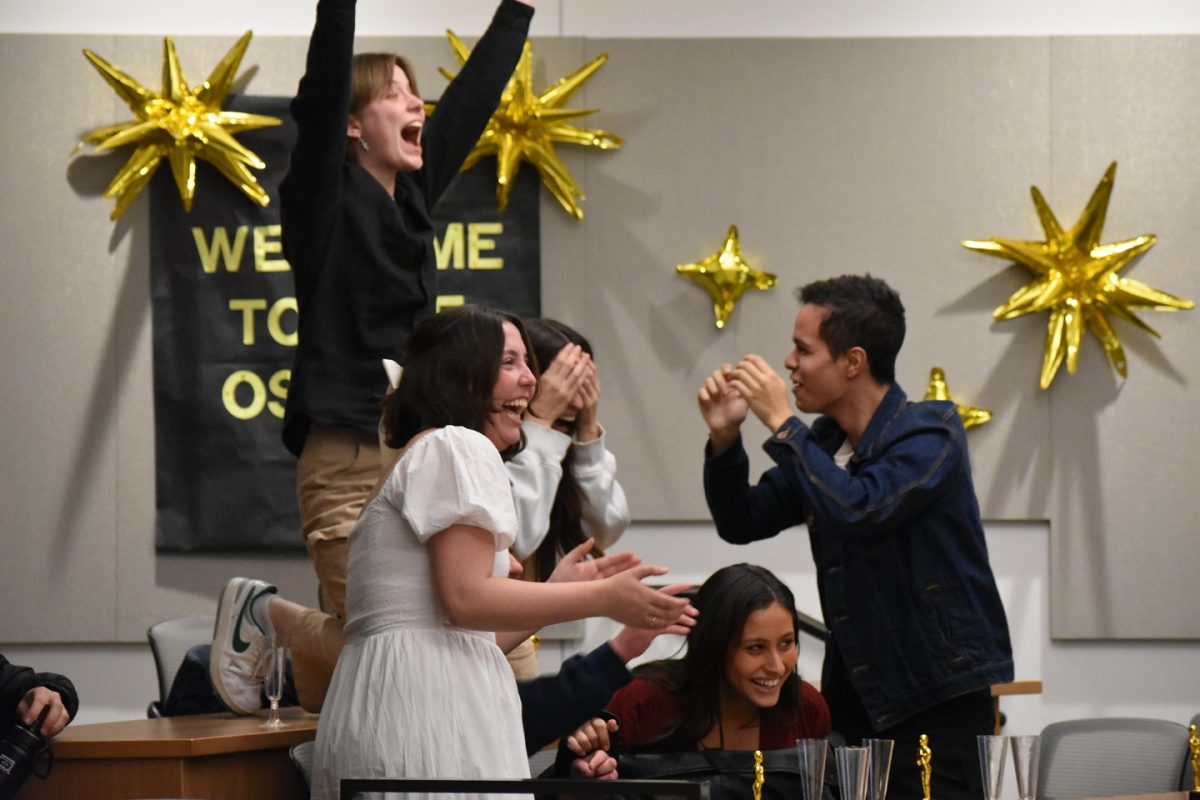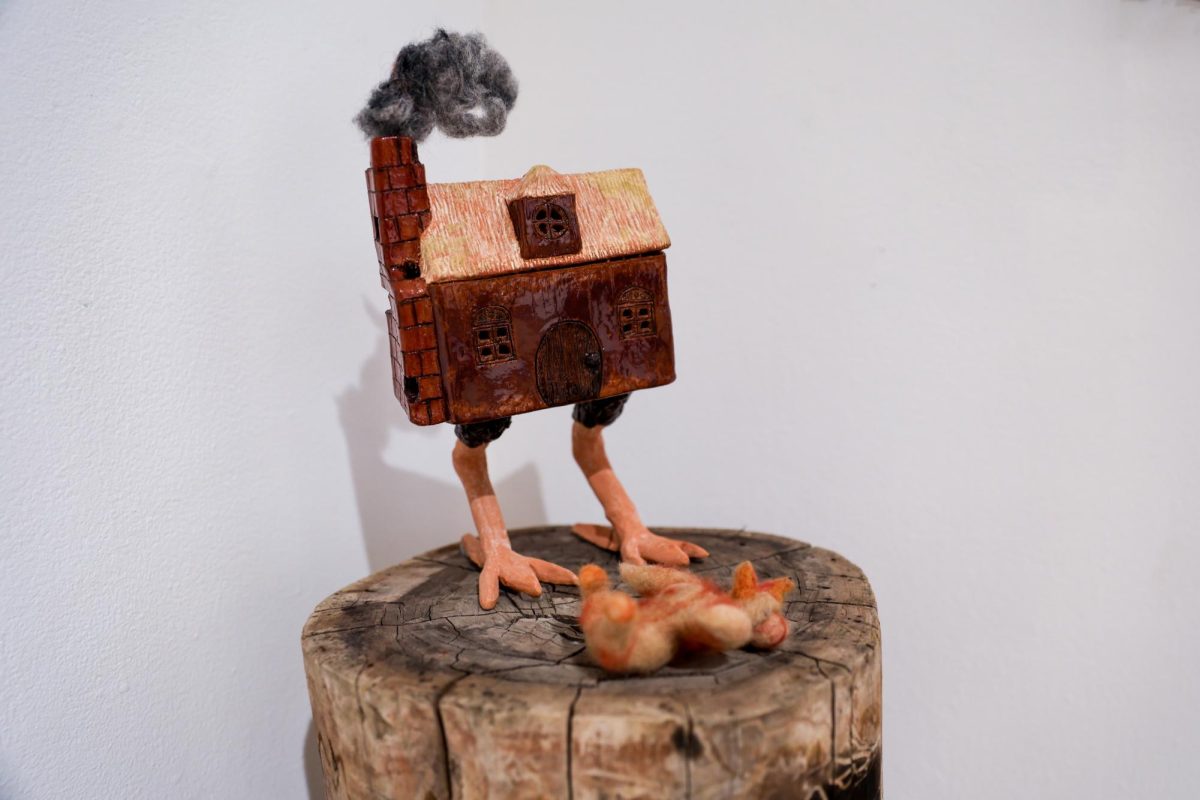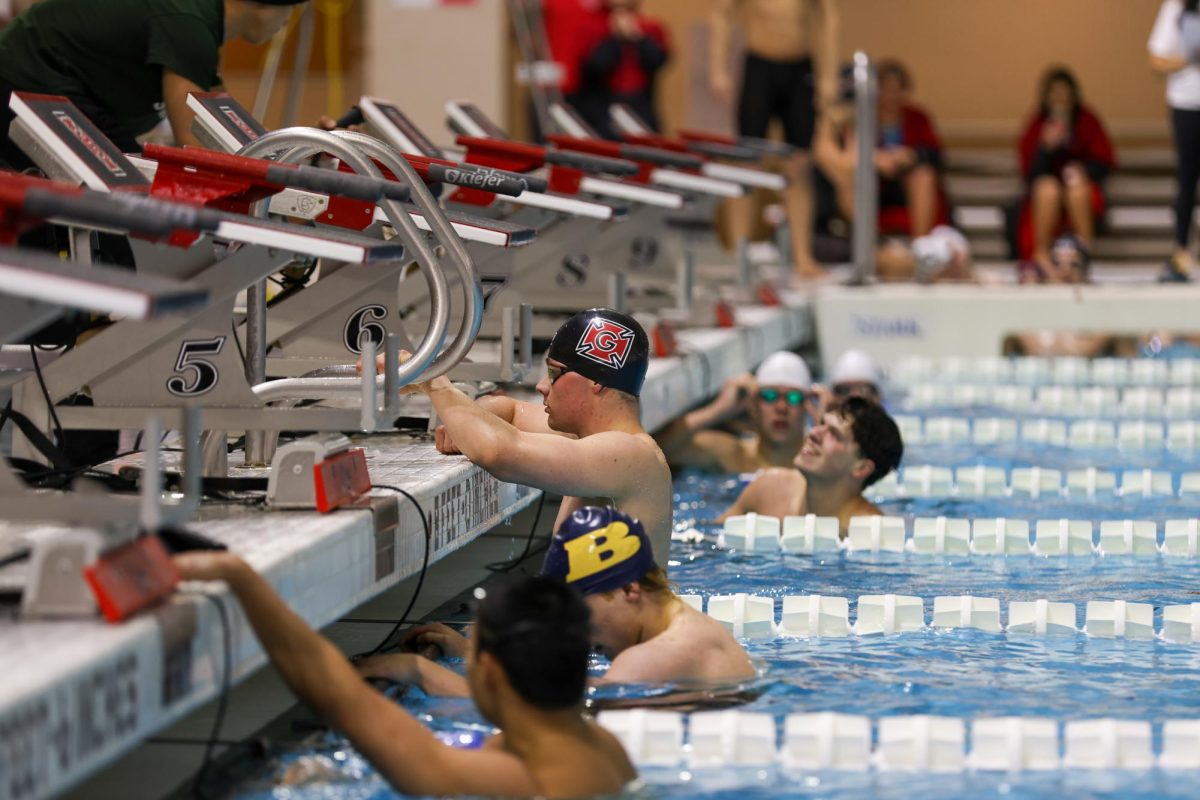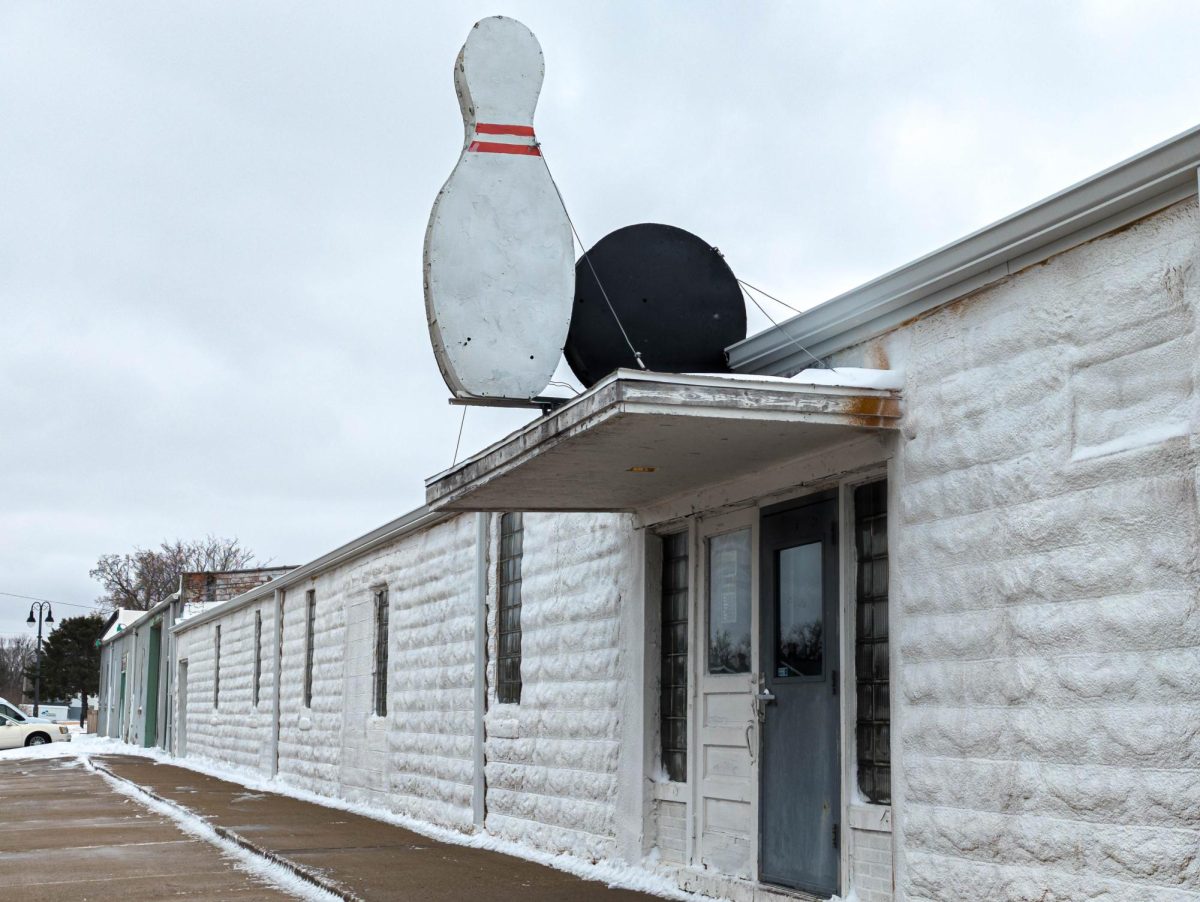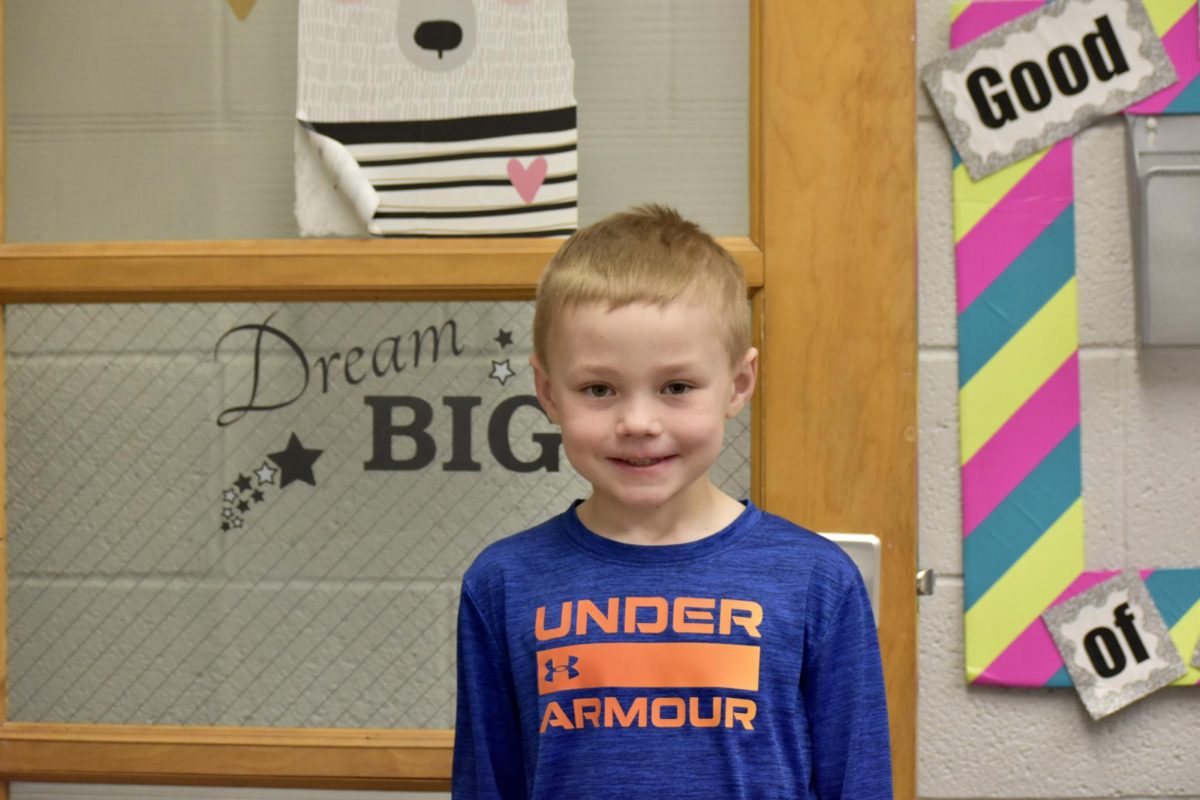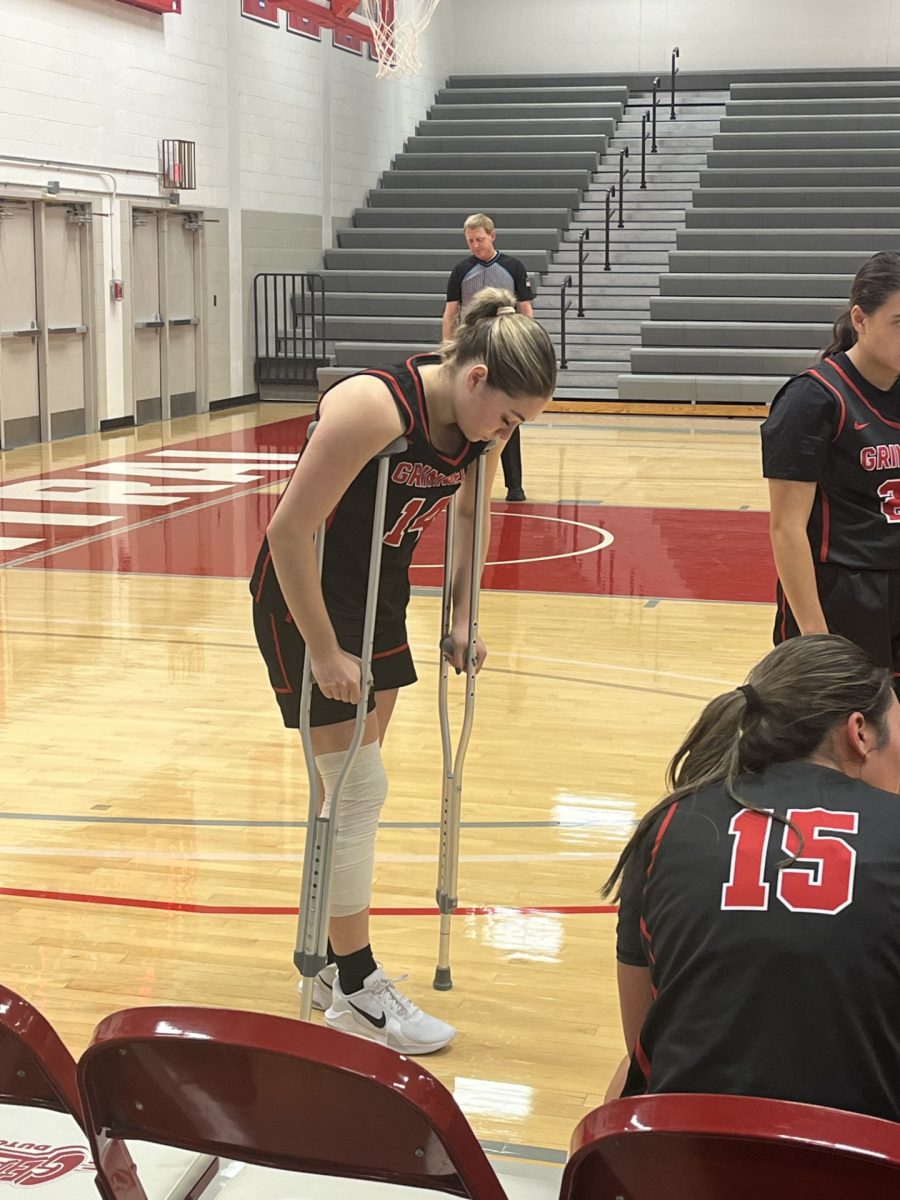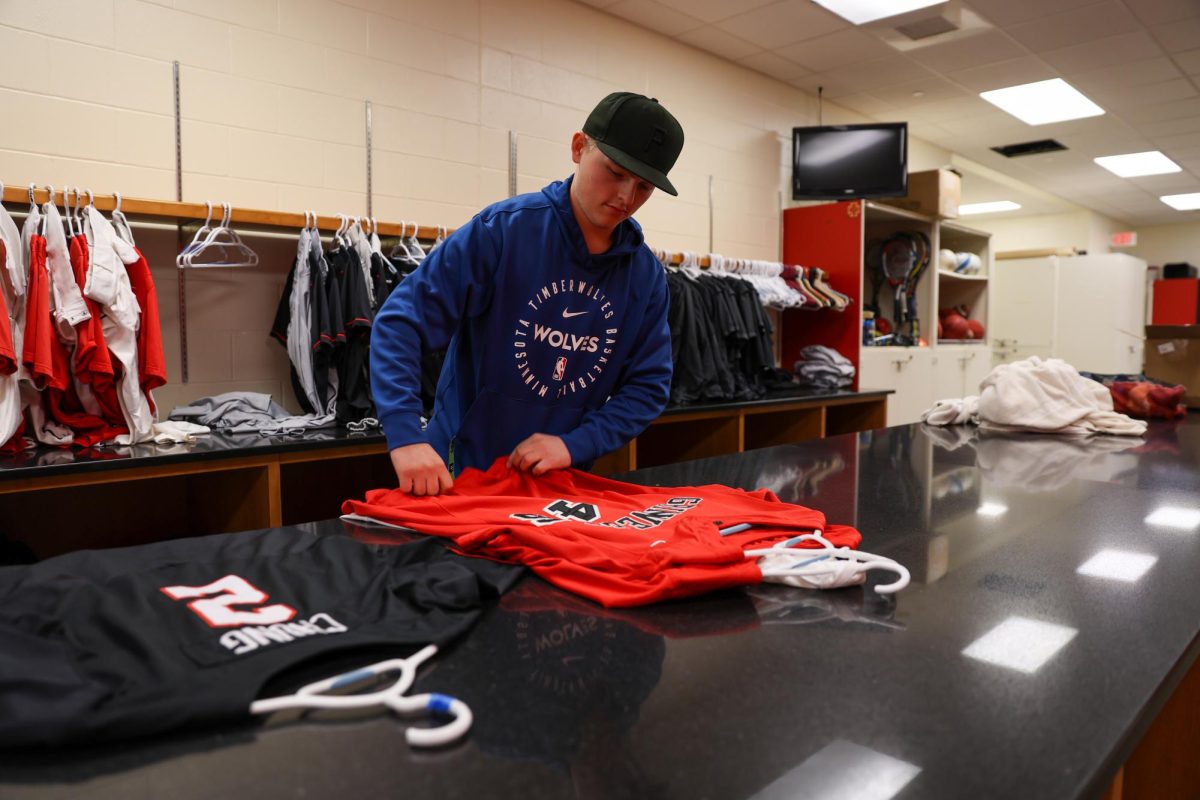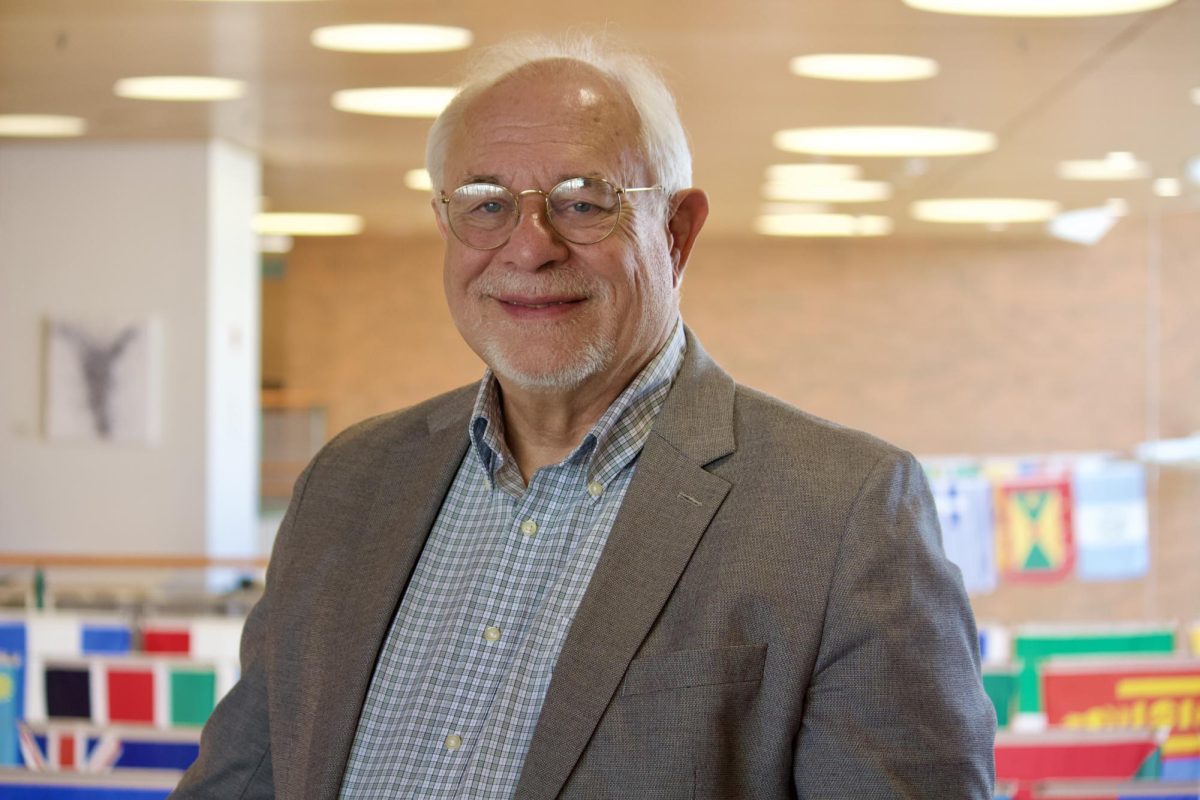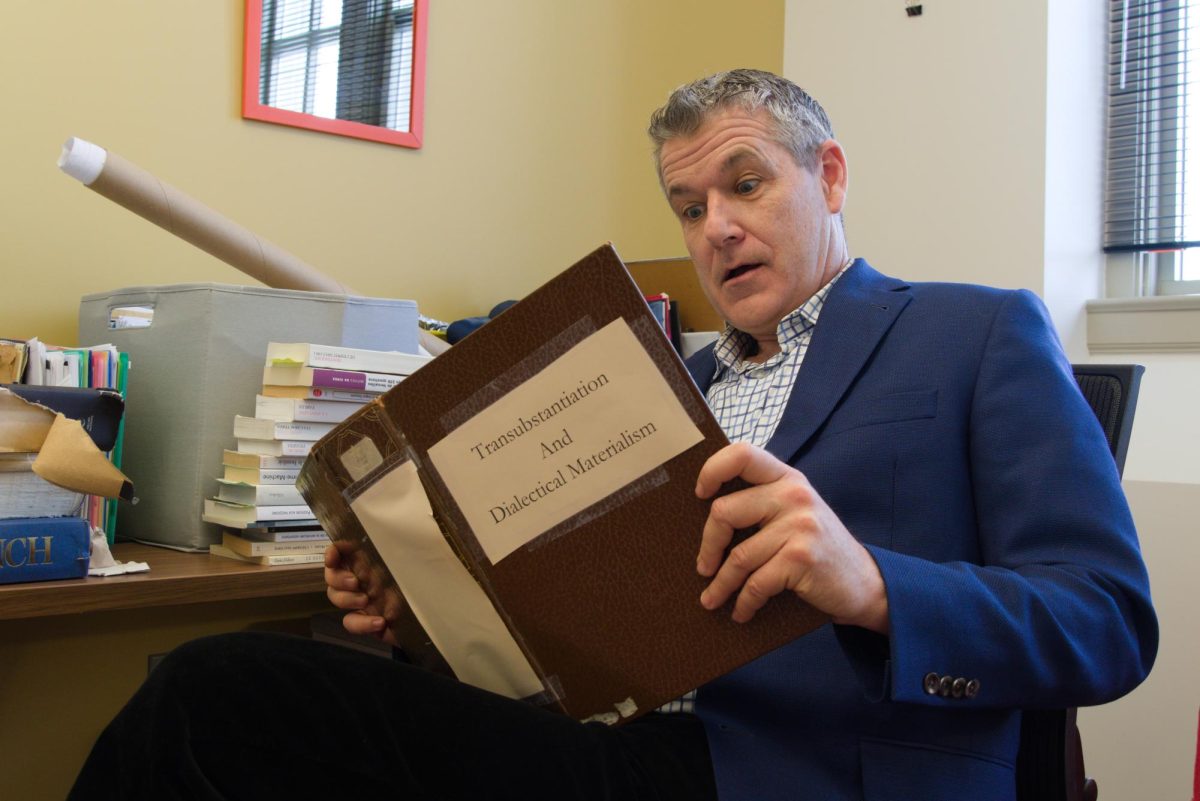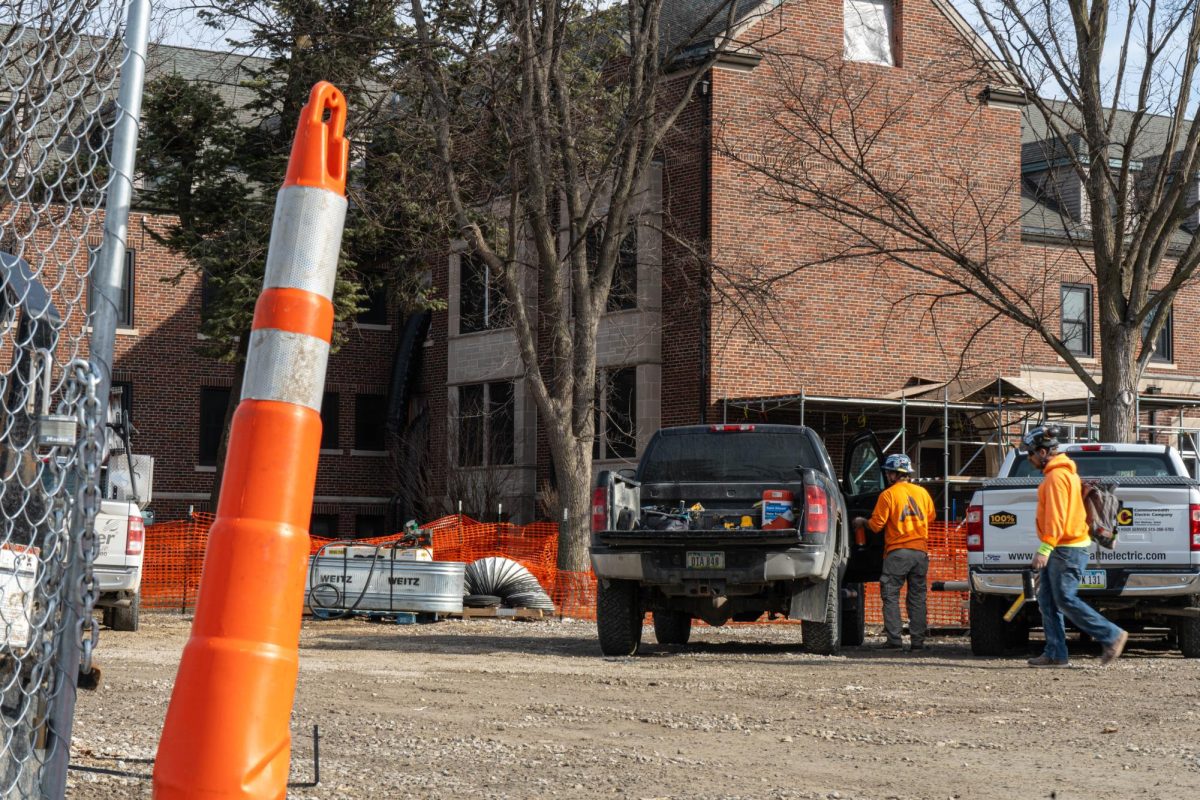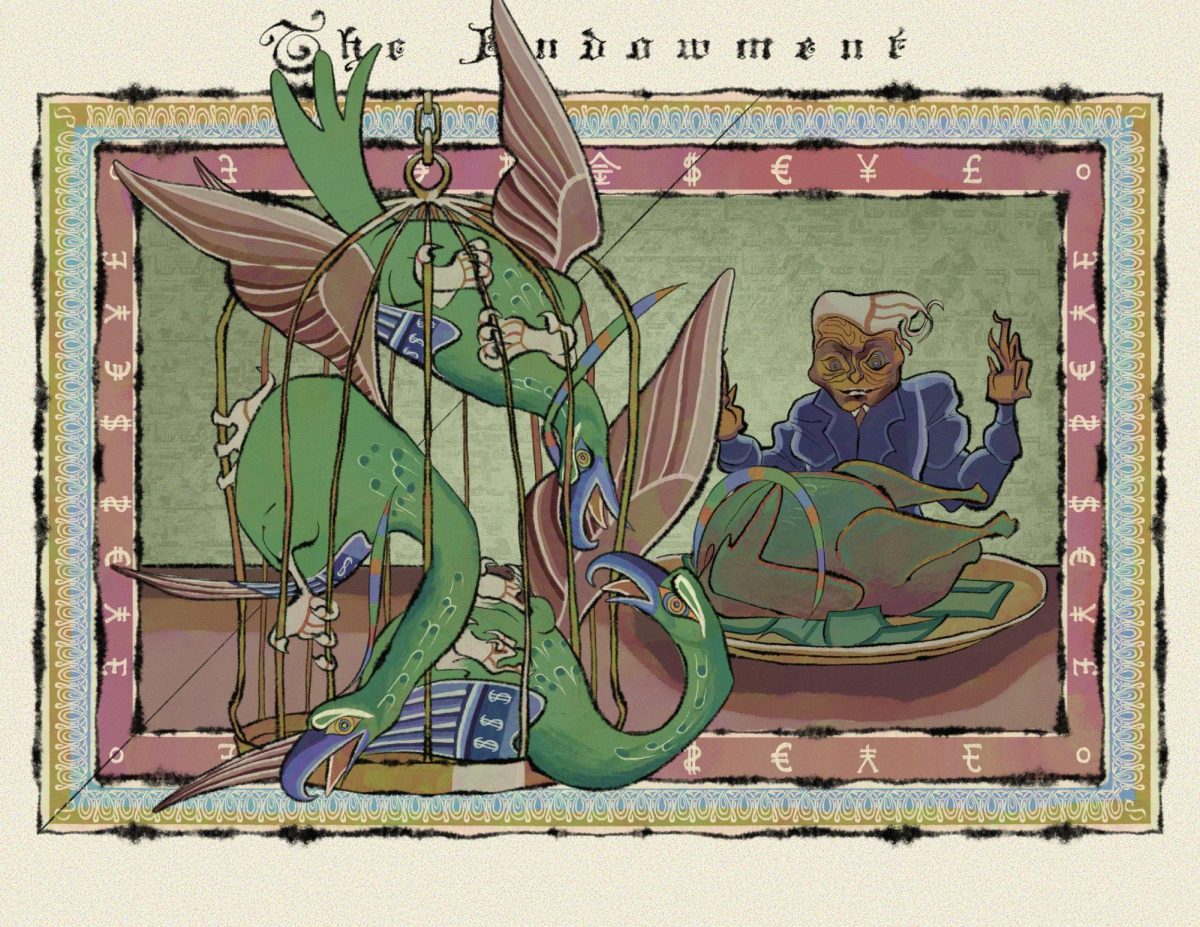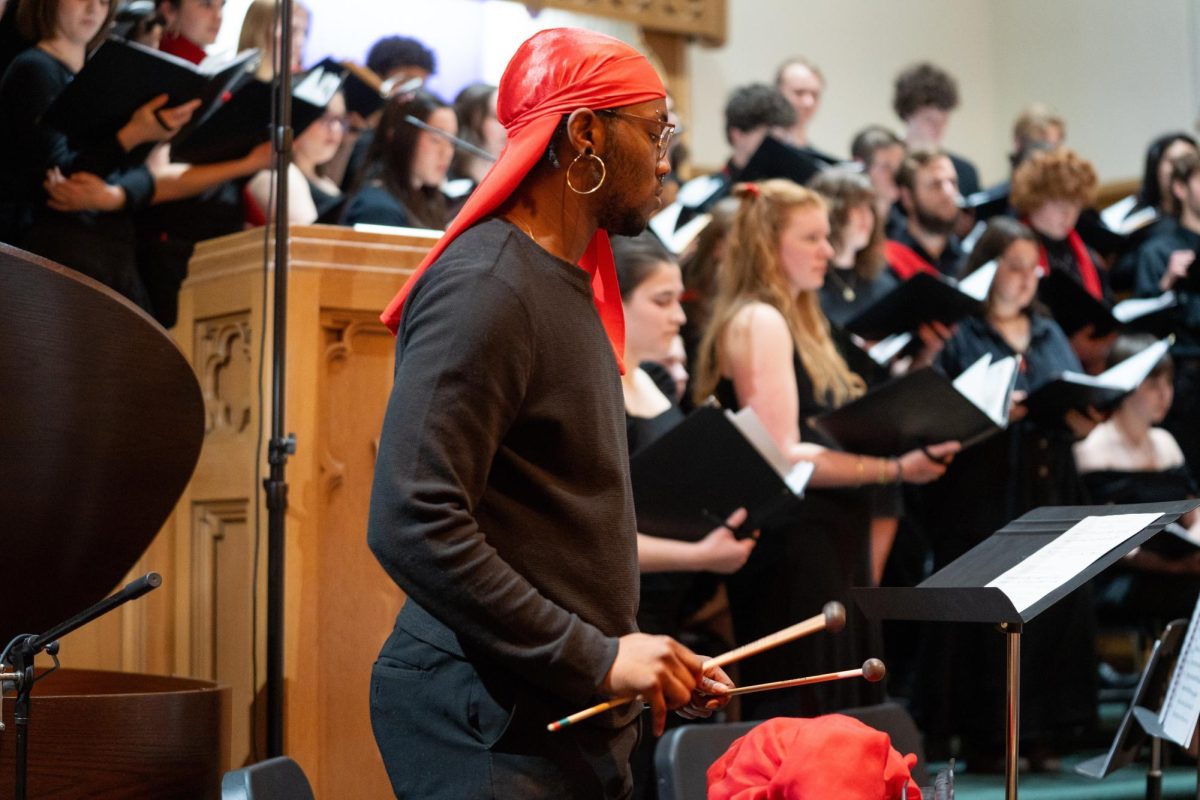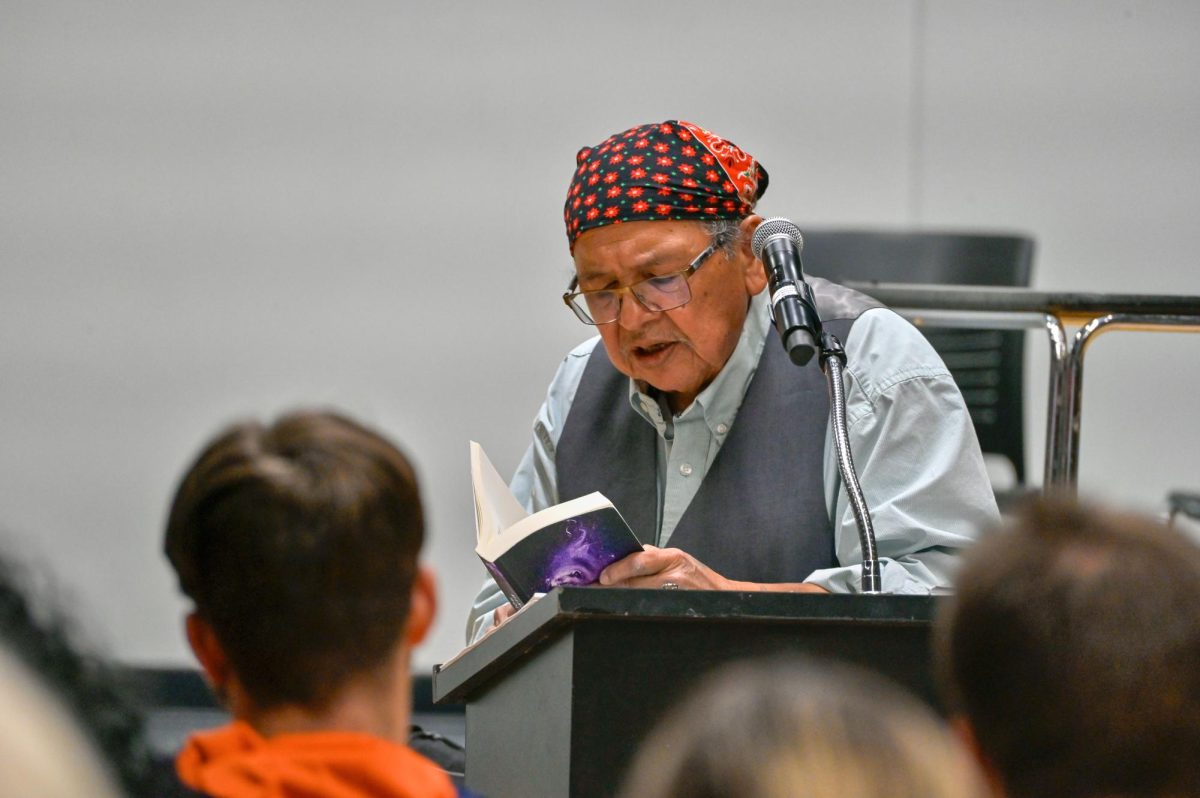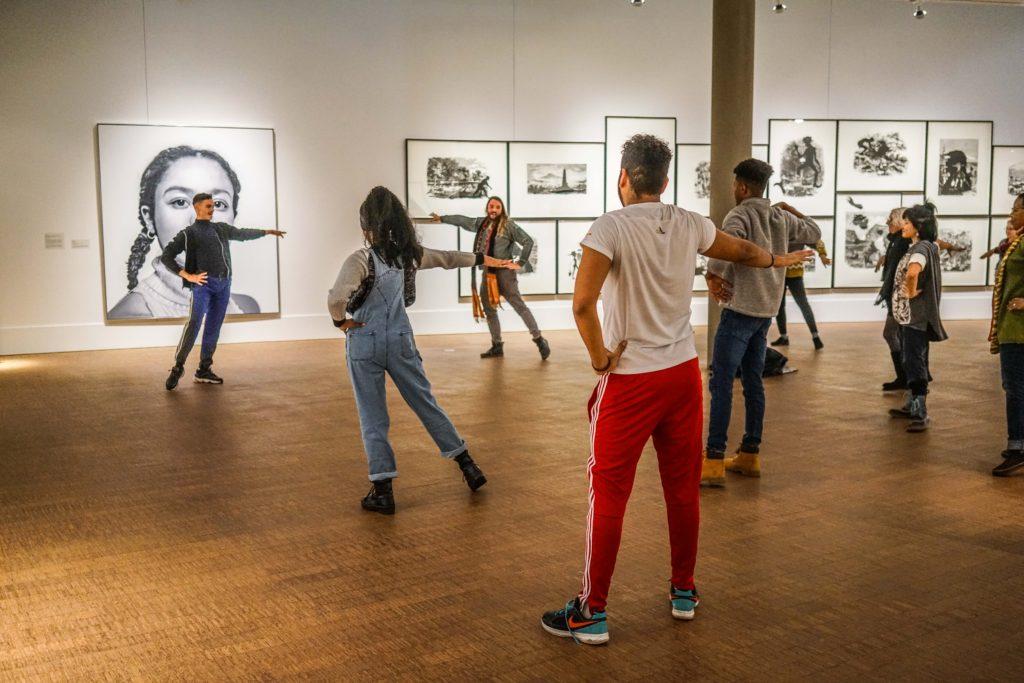
This past week, choreographer, dancer and actor Jason Rodriguez—otherwise known as Slim Xtravaganza, Slim Ninja or Lemar from the FX show “Pose”—visited campus. At a dance workshop earlier this week, he confidently strut his way across the dance studio and slid to the ground in a dramatic dip. Rising from the floor with ease, he looked over his shoulder, smirked and announced, “Let’s dance.”
Voguing workshops took place Monday through Thursday in the Bucksbaum dance studio, where dancers new and old followed along with Rodriguez’ duck walks, cartwheels and stylish poses.
Although it may seem simple at first, Vogue dance form is anything but. It requires intense concentration and focus, placing each limb intentionally within space to create each poised figure. In addition, alongside technique is the deeper question of why people decide to get up and dance. Vogue, specifically, was born from the LGBTQ ballroom scene, driven by a combination of self-reflection, body positivity and a sense of community.
“[It] was really a way of survival for a lot of queer people of color in the city,” Rodriguez said. “They weren’t able to be successful in careers or go to school, especially if you were black and gay or Hispanic and gay … In ballroom culture, the support you had was a gay mother and a gay father in a house, and all sorts of people of color trying to figure out how to support each other.”
Rodriguez grew up as a self-described nerd in New York City, attempting to figure out his own identity through dance. When asked who had inspired him the most, his immediate answer was Benny Ninja.
“I was watching [America’s Next Top Model] and seeing him: this queer, Puerto Rican Latino. He was embracing his identity. He knew who he was, he could wear what he wanted, and he vogued the way he vogued. I was so attracted to the sense of confidence that vogue brings to you, so the minute it became my craft, my entire identity shifted,” said Rodriguez.
After he auditioned and made it into the House of Ninja, his passion only continued to strengthen, realizing the boundless potential that was inside him. His motivation, Rodriguez notes, comes from a place of making up for lost time.
“I feel like, starting dance late, I felt like I didn’t have this accessibility to dance and this accessibility to confidence until I was 19. … It makes me want to then become a bridge for dance in my community, especially for the young youth, allowing them into the arts.”
It is Rodriguez’ hope that what has inspired him can then go on to inspire others. In everything he strives to do, he continues to think about passing on the torch, especially as he works on the Netflix show Pose.
“I think having a show like [this] is pushing the pressure to announce what the issue is in our society, [how it] continues to happen and how do we fix it, how are we going to push the pressure on the change into our society,” said Rodriguez. At the same time, he realizes that this is a daunting challenge. “It doesn’t take much for me to realize that when I teach a class, it’s hard as hell,” Rodriguez laughed.
“But I think I can continue inspiring people [so] they can leave the class and be like, ‘That was crazy but I want to take it again.’ This dance form has to be taken care of because it can easily fizzle out, especially when things are [in popular culture], like if they’re popular now, they might not be later.”
But at the end of the day, Rodriguez simply allows himself to be immersed in culture. “I feel like that’s what expands you as a person,” he said.
“Just tuning yourself in culture, spirituality and art, and especially for queer individuals, just really figuring out your culture. People like Marsha P. Johnson and Sylvia Rivera, really knowing these people, because it’ll change and empower you. Especially in the places where being queer is sometimes is the darkest place. I think your culture helps you find light in those moments.”
As for those struggling with their identities right now, Rodriguez encourages them to “really try to find someone to relate to and talk to sometimes … Don’t feel afraid to step into queer spaces and meet people and talk to them. Feel available, make yourself available, and feel strong enough that you can step into queer spaces and allow people to help you answer your questions.”
